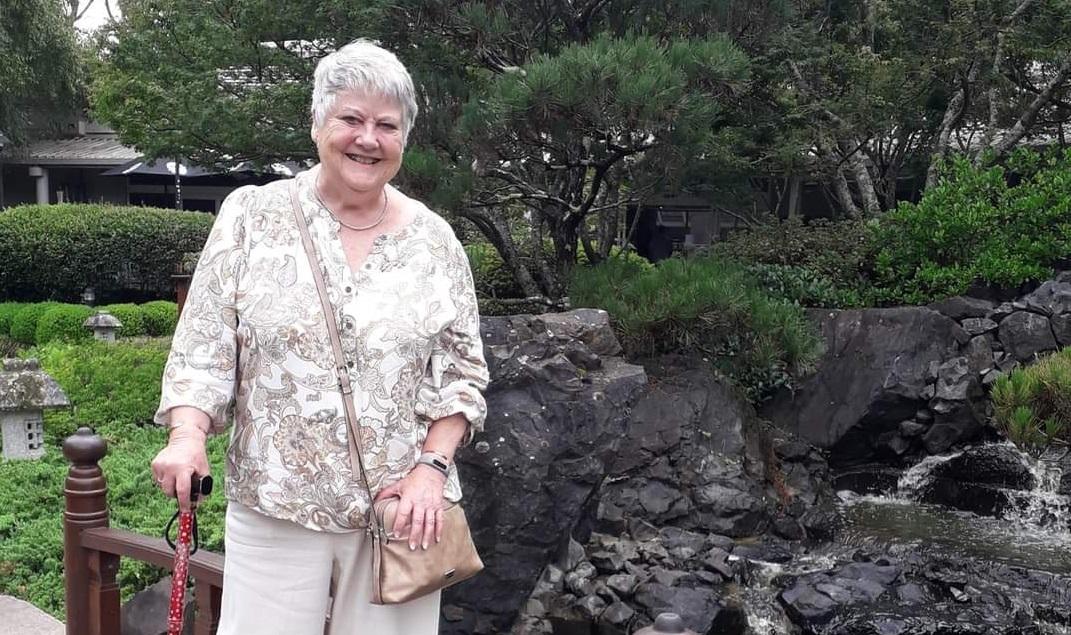Bobby’s story
As well as gaining a new network of empathetic friends, my dementia advocacy role has helped me maintain a strong purpose in life, and a positive attitude.

I was born in the South of England and emigrated to Australia in 1979. I have a daughter and three grandsons who are the centre of my world!
Before my retirement in 2014, I worked as a practicing psychologist. In my last year of work, I noticed changes in my ability to perform day to day tasks. I had a reduced capacity to sit and focus on what a client was telling me for a prolonged period. I also started to struggle with my processing speed, making it hard to keep up with note taking. Initially I assumed this was due to being overworked.
I took a holiday in the UK and old friends pointed out that I was not “the same person they knew.” They felt my behaviour was different, that I was less patient and more irritable. I wondered if this was simply an adjustment to retirement, but when I returned to Australia, I was becoming more confused and having trouble with sequencing.
I decided to check in with my GP. She ran some tests but thought it was probably nothing. She referred me to see a neurologist who took a history and some more tests. As a result, he gave me a provisional diagnosis of mild cognitive impairment/ frontotemporal dementia.
At the time, I was 66 years old and living on my own. I decided I could either sit back and let dementia take me, or I could fight back and do everything in my power to maintain my functioning and keep living my life to the full.
My ability to correctly sequence daily activities was rapidly diminishing and I started using technology for step-by-step instructions. My mobile phone is now essential to my daily functioning. I set an alarm for each morning and all appointment reminders. As needed, I added personal care alarms about care sequences (washing, toileting, dressing) and reminders throughout the day about other necessities in case I become distracted and forget. I changed my daily routine to include more careful monitoring of diet, physical and cognitive exercise as well as sleep patterns.
I began to recognise the importance of social engagement and other meaningful interaction. I continued volunteering with Rotary and the Australian Red Cross and became a Dementia Advocate with Dementia Australia. I now speak publicly about dementia, spreading awareness and knowledge, and give support to those struggling with the condition.
I regularly participate in dementia research via Step Up For Dementia Research. Also, I’ve worked with others in my local area to establish a Dementia Alliance, as part of becoming a Dementia Friendly Community. We work together to support people living with dementia to continue engaging in the activities that are important to them.
As well as gaining a new network of empathetic friends, my dementia advocacy role has helped me maintain a strong purpose in life, and a positive attitude. I can keep up with all that is happening, and I’m hopefully improving the future for other people living with dementia.
Some doctors may be reluctant to give the diagnosis of dementia, perhaps thinking that they are being kind. Perhaps they think there’s no point in giving the diagnosis because there is no cure. But getting a diagnosis is essential. It gave me the opportunity to develop a support plan, to find out about, and use, different types of interventions that have helped me to live well and maintain my daily life and functioning.
Watch Bobby’s story below (3 minutes):
For more digital stories, visit the Face Dementia YouTube Channel.


